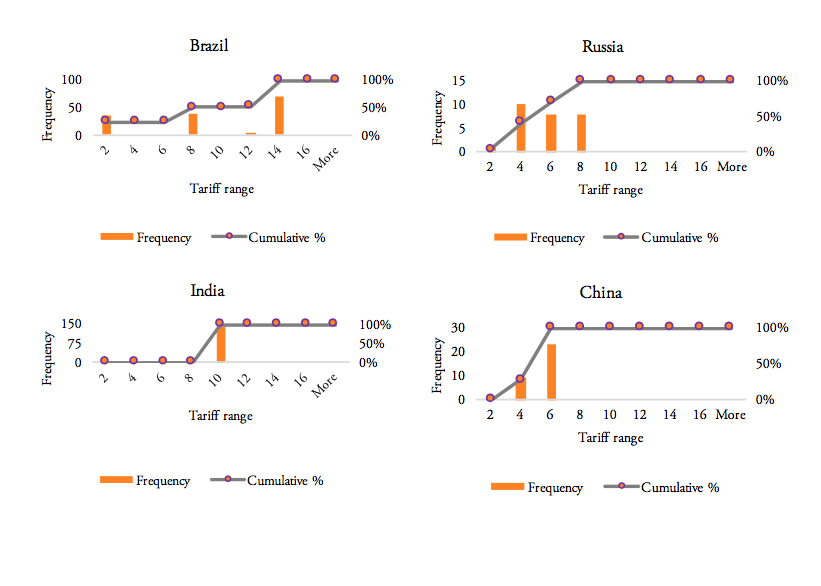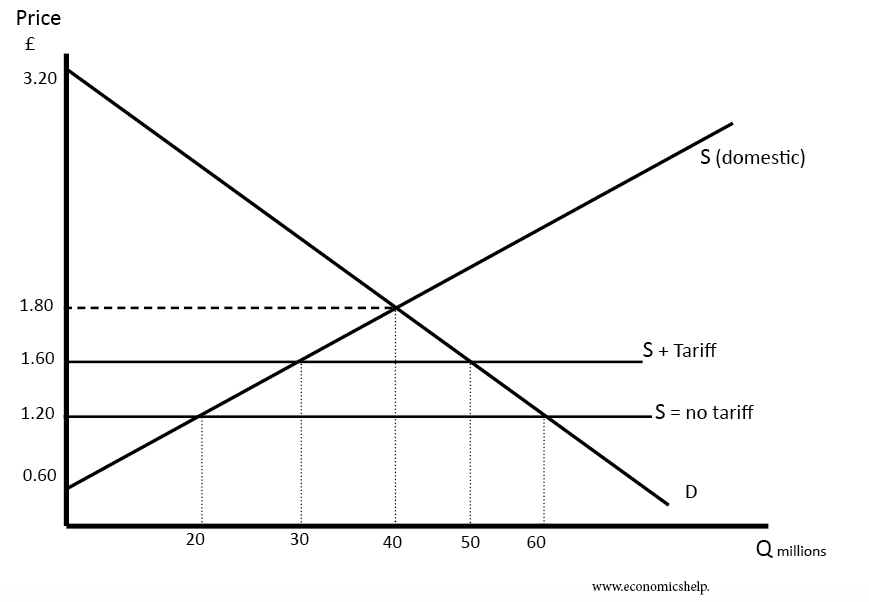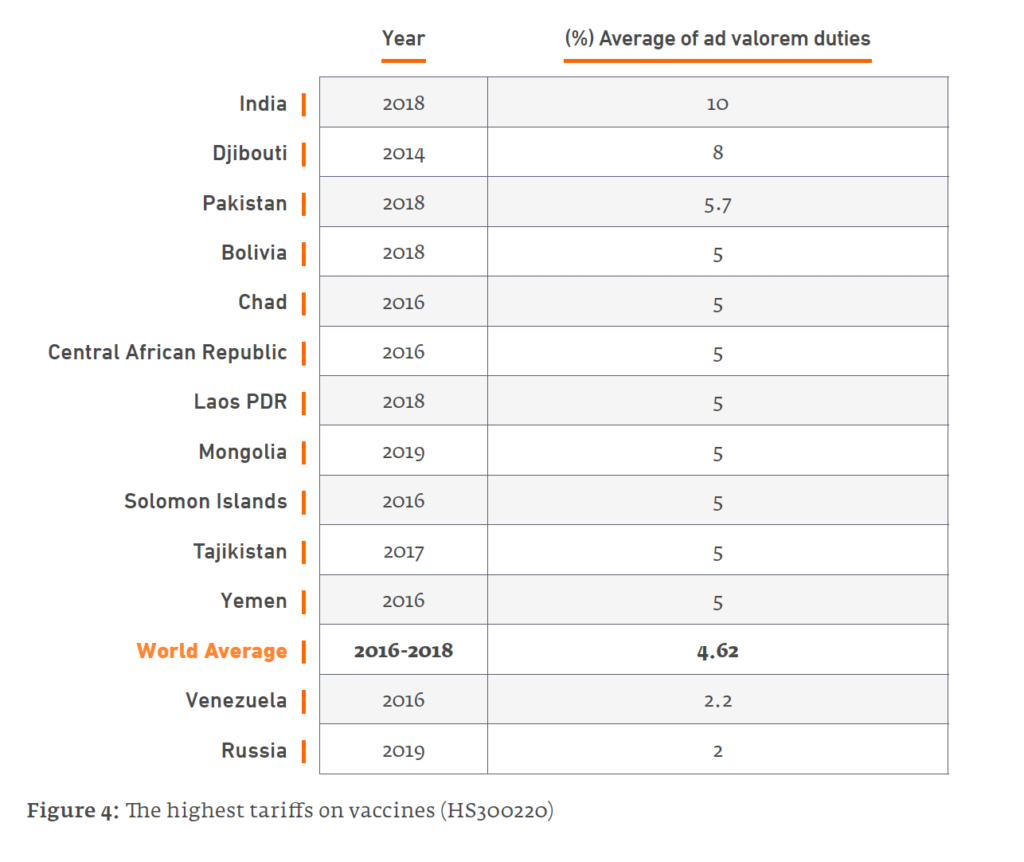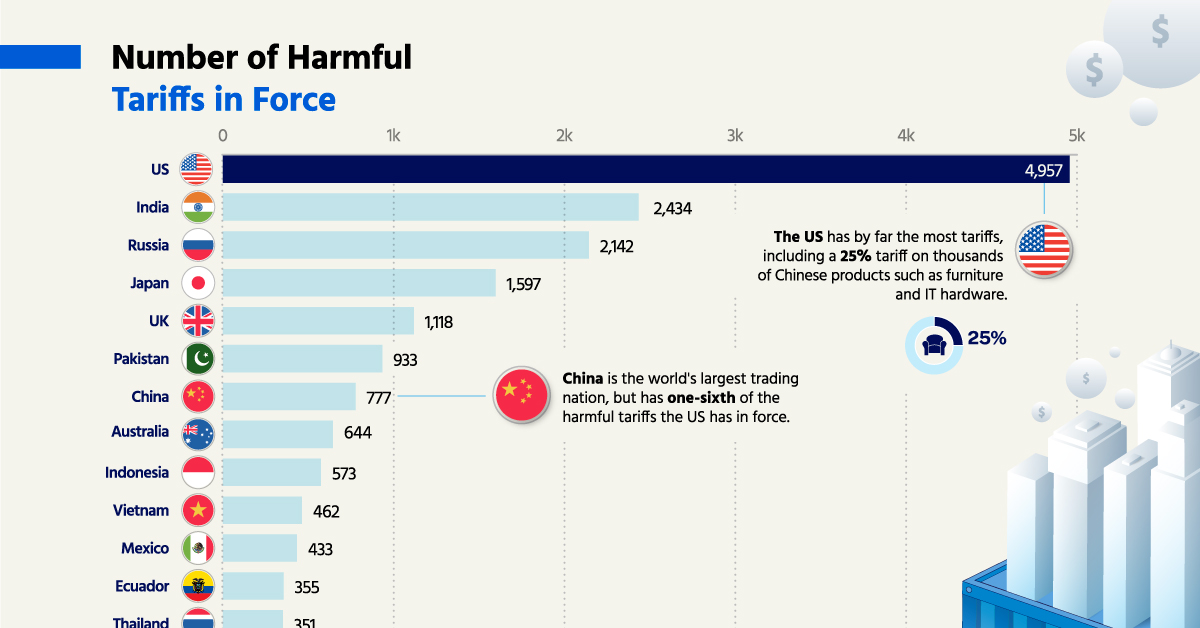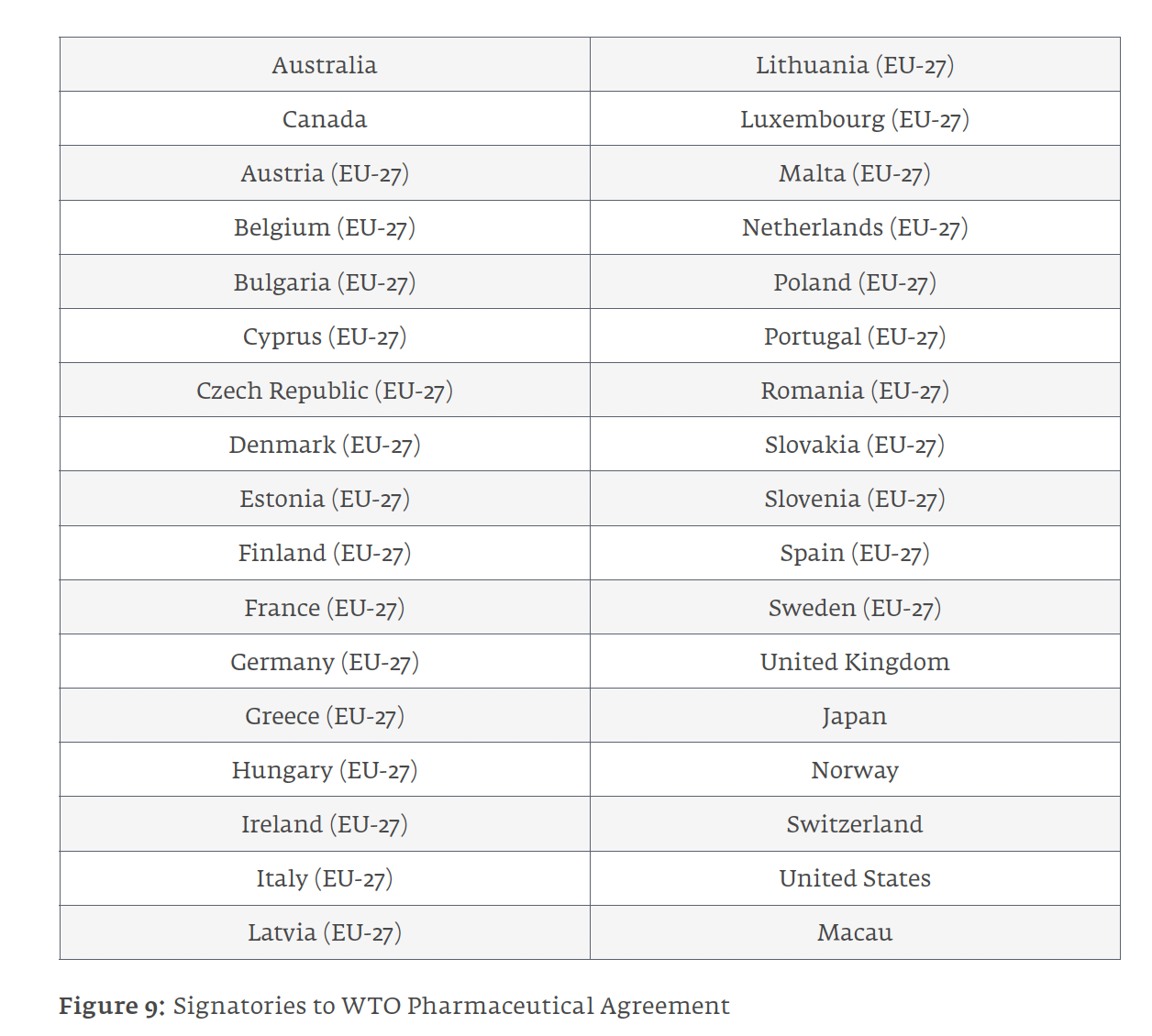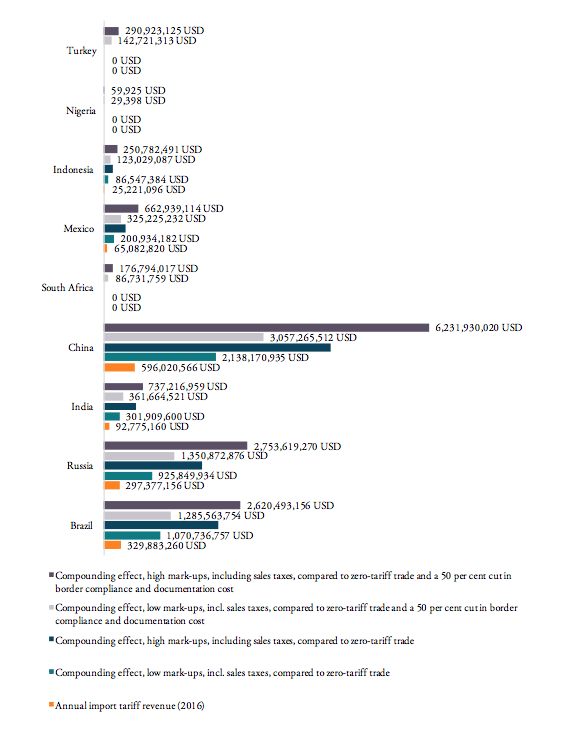
The biotech and pharmaceutical industries are no strangers to complexity, with intricate research and development processes, stringent regulatory frameworks, and high-stakes investment decisions. However, in recent years, another layer of complexity has been added to the mix: tariffs. The imposition of tariffs on imported goods and services has sent shockwaves through the global economy, and the biotech and pharmaceutical sectors are not immune to their impact. In this article, we will delve into the world of tariffs and explore their effects on the biotech and pharmaceutical industries.
What are Tariffs and How Do They Work?
Tariffs are taxes imposed by governments on imported goods and services. They can be levied on a wide range of products, from raw materials to finished goods, and are typically calculated as a percentage of the import value. The primary purpose of tariffs is to protect domestic industries by making imported goods more expensive and, therefore, less competitive. However, tariffs can also have unintended consequences, such as increased costs for consumers and businesses, and potential retaliatory measures from affected countries.
The Biotech and Pharmaceutical Industries: A Global Supply Chain
The biotech and pharmaceutical industries rely heavily on global supply chains, with companies sourcing raw materials, active pharmaceutical ingredients (APIs), and finished goods from countries around the world. This globalized supply chain is critical to the development and manufacture of life-saving medicines and treatments. However, it also makes the industry vulnerable to tariffs and trade disruptions.
Tariff Impact on the Biotech and Pharmaceutical Industries
The imposition of tariffs on biotech and pharmaceutical products can have significant consequences, including:
Increased Costs: Tariffs can drive up the cost of imported goods, including APIs, raw materials, and finished products. These increased costs can be passed on to consumers, making life-saving medicines and treatments less affordable.
Supply Chain Disruptions: Tariffs can disrupt global supply chains, leading to delays, shortages, and stockouts. This can have serious consequences for patients who rely on these products for their health and well-being.
Reduced Investment: The uncertainty and unpredictability of tariffs can deter investment in the biotech and pharmaceutical sectors, as companies may be reluctant to commit to long-term projects and partnerships.
Mitigating the Tariff Impact
While the tariff landscape is complex and ever-changing, there are steps that biotech and pharmaceutical companies can take to mitigate the impact:
Diversify Supply Chains: Companies can diversify their supply chains by sourcing goods and services from multiple countries and regions, reducing their reliance on any one market.
Invest in Domestic Manufacturing: Investing in domestic manufacturing capabilities can help companies reduce their reliance on imported goods and avoid tariffs.
Engage in Trade Policy Discussions: Biotech and pharmaceutical companies can engage with trade policymakers and industry associations to advocate for their interests and promote free and fair trade.
The biotech and pharmaceutical industries are critical to the health and well-being of people around the world. However, the imposition of tariffs on imported goods and services poses significant challenges to these sectors. By understanding the tariff impact and taking steps to mitigate it, biotech and pharmaceutical companies can navigate this complex landscape and continue to develop and deliver life-saving medicines and treatments to those who need them. As the global trade environment continues to evolve, it is essential for companies, policymakers, and industry stakeholders to work together to promote free and fair trade, and ensure that the biotech and pharmaceutical industries can thrive.
Note: This article is for general information purposes only and is not intended to provide specific advice or guidance. Companies should consult with trade experts and legal counsel to understand the specific implications of tariffs on their business.

